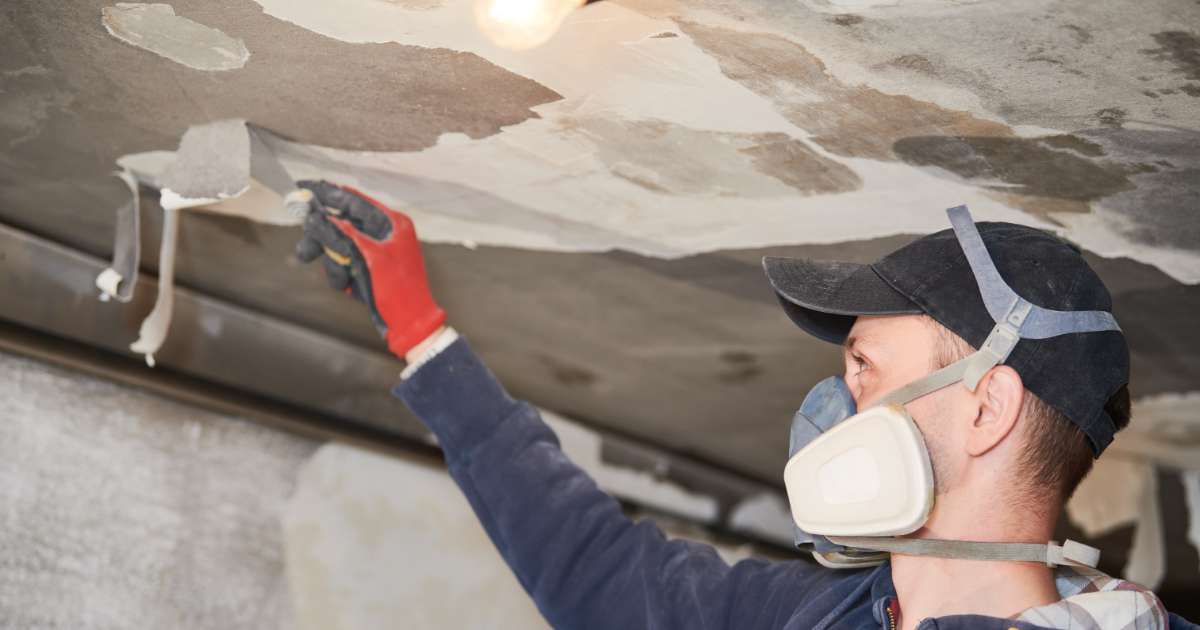Putting a house on the market can be tough, and unpermitted work only adds to the difficulty. It can reduce the house’s worth, raise legal concerns, and make buyers think twice. But, with a thoughtful approach, selling a house with unpermitted work is still within reach.
In this guide, we’ll discuss what unpermitted work means, how it can affect your sale, and the actions you can take. Whether you repair the issues or sell “as is,” there are ways to simplify the process.
What is unpermitted work?
Unpermitted work involves any construction or upgrades carried out without the necessary approval from local government. Projects often requiring permits include:
- Expanding your home with new rooms or additions
- Replacing plumbing or electrical wiring
- Installing a new water heater
- Adding amenities like swimming pools or solar panels
Permits are intended to ensure safety and adherence to local codes. If work is done without them, you could face:
- Safety concerns: Faulty construction around roofs, flooring, and staircases could be a safety hazard.
- Fines: Fort Worth and neighboring cities impose penalties for unauthorized work.
- Insurance issues: Unpermitted work may not be covered by insurance, and policies could even be voided.
Permitted work ensures adherence to zoning laws and construction standards. Without permitting, one of your neighbors could accidentally create a fire hazard or set up an unwanted business on your street.
Homes with unpermitted work tend to hold less value in the Fort Worth real estate market. Homeowners may also face legal action if, for instance, they build a fence that crosses their property line.

Understanding code violations
The City of Fort Worth maintains a webpage with local code information. Nearby cities like Arlington, Texas offer resources as well.
Most city and county building codes in the DFW area are based on model building codes like the 2021 International Residential Code and the 2015 International Energy Code. Cities and counties regularly amend these codes, so you’ll want to refer to local resources like municipal websites first.
Building codes evolve with changes to construction and safety standards. For example, new guidelines dictate that water pipes need more insulation now than they did in the past, to better avoid bursting during a freeze. This puts older construction in violation. Some older work that was once up to code can be “grandfathered in,” rather than being a code violation you have to fix. You may not be able to grandfather in unpermitted work.
Homeowners associations (HOAs), have the ability to set and enforce building rules as well. Some HOAs limit exterior paint color choices and your options when putting up a fence. Just like unpermitted work, work that violates HOA rules can interfere with your sale.
Common unpermitted work and code violations
Performing major renovations in Fort Worth without a permit can lead to issues when selling. Examples of common violations include:
- Unsafe construction of a second-story addition
- Installing the wrong-sized HVAC system
- Poorly executed roof replacements
- Building a fence that crosses property lines
- Renovating a historic home without following preservation rules
Is it legal to sell a house with unpermitted work?
Selling a house with unpermitted work is legal in Texas, but you are required to disclose this to the buyer. Not doing so could expose you to potential lawsuits.
How unpermitted work can affect your home sale
Properties with unpermitted work are often less attractive to buyers, as the buyer may have to resolve the issue themselves or face challenges when selling later.
For lenders, unpermitted work poses risks. Your house may not pass inspection, which means the buyer might not get financing.
Insurance companies may decline to cover certain claims if unpermitted work was a contributing factor. Fort Worth is prone to high winds, hail, and occasional tornadoes. If a hailstorm damages a house where an unpermitted re-roofing job took place, there is a chance that repairs will become the homeowner’s responsibility. In some cases of unpermitted work, insurers may cancel the house’s policy.
What are your options if you’re selling a house with unpermitted work?
If you’re selling a house with unpermitted work, you have 4 main options:
- Fix the problem and get permits: Addressing unpermitted work by making necessary repairs and obtaining permits is often the easiest solution. Small fixes, such as replacing non-compliant outlets, may be low-cost. However, resolving more complex issues like unpermitted duct work can be expensive.
- Seek a retroactive permit: If the work was completed properly but never permitted, you can apply for a retroactive permit. An inspector will review the work and either approve it or request adjustments.
- Sell “as is”: Selling a house “as is” means leaving the unpermitted work as it stands. You’ll need to disclose the issue, but by marketing and pricing your house effectively, you might attract buyers. Selling to a local off-market buyer in Fort Worth could speed up your sale. Be aware that “as is” properties typically sell for less than turnkey homes.
- Provide a buyer credit: Offering a credit to the buyer at closing allows them to address the unpermitted work themselves. This is a good choice if you have the funds but prefer to avoid managing the repairs.
Common mistakes when selling a house with unpermitted work
If you are planning to sell a house with unpermitted work, here are some mistakes to avoid:
- Not disclosing unpermitted work to buyers: Keeping this information from buyers can result in legal troubles, including lawsuits. It’s best to be upfront.
- Continuing to perform unpermitted work: Making unpermitted updates while selling can lead to inspection failures and loss of buyer interest.
- Underestimating the cost of repairs: Major unpermitted projects can be expensive to resolve. Understanding potential expenses upfront is important.
- Skipping professional advice: Unpermitted work’s impact varies. Seek guidance from real estate professionals or contractors to gauge its effect on your sale.
We Buy Ugly Houses® buys properties with unpermitted work.
Unpermitted work has the potential to slow down or stop your sale. The good news is that we buy houses “as is,” even when building code violations are involved. We Buy Ugly Houses® in Fort Worth can sometimes close in as little as 3 weeks. We don’t expect sellers to make repairs and updates, or even clean.
Reach out to We Buy Ugly Houses today!
This blog is for informational purposes only and should not be considered legal advice.










